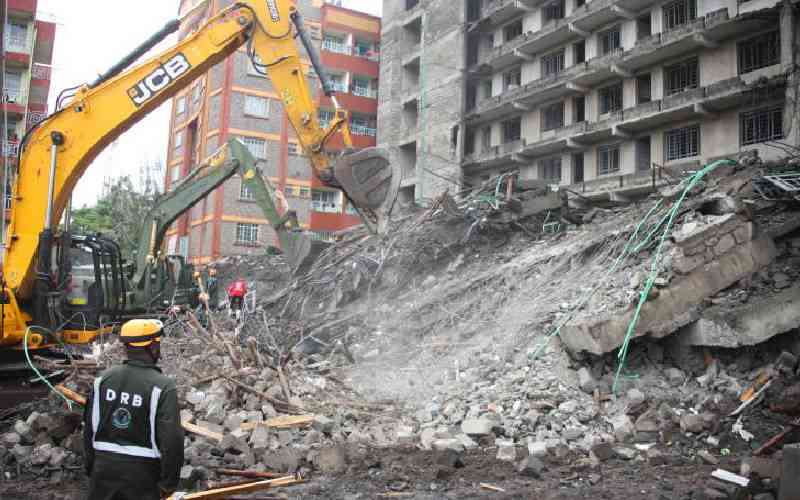×
The Standard e-Paper
Stay Informed, Even Offline

In the aftermath of disasters, re-establishing housing is fundamental for any individual, household or community-level recovery.
Despite this, and the active role they play in disaster risk management, most housing financiers and development partners do not have a deeper understanding of what this entails since they have not fully embraced their role in the housing recovery process.